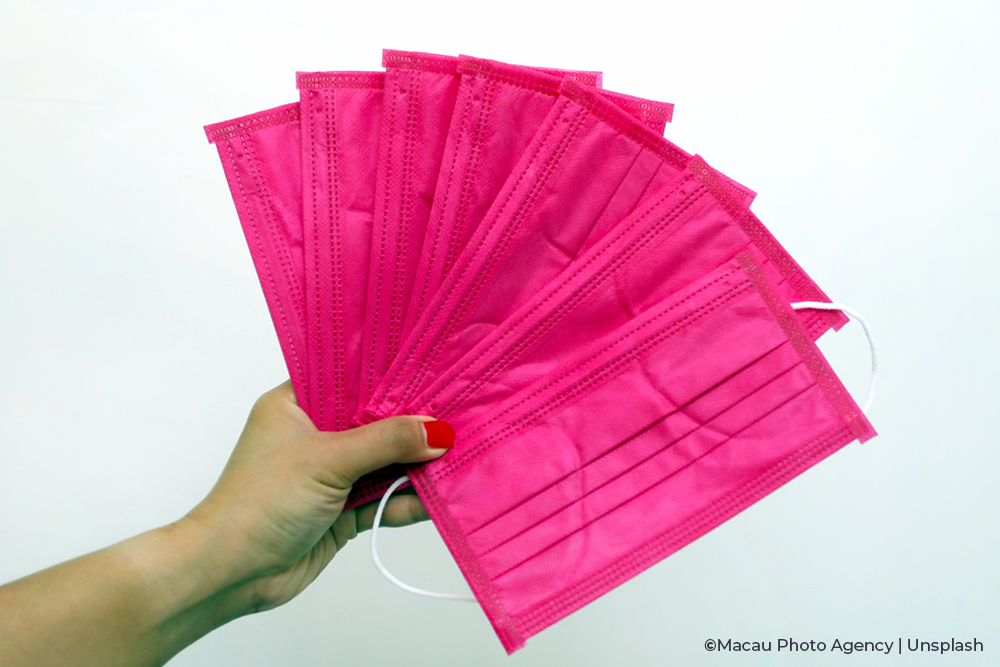
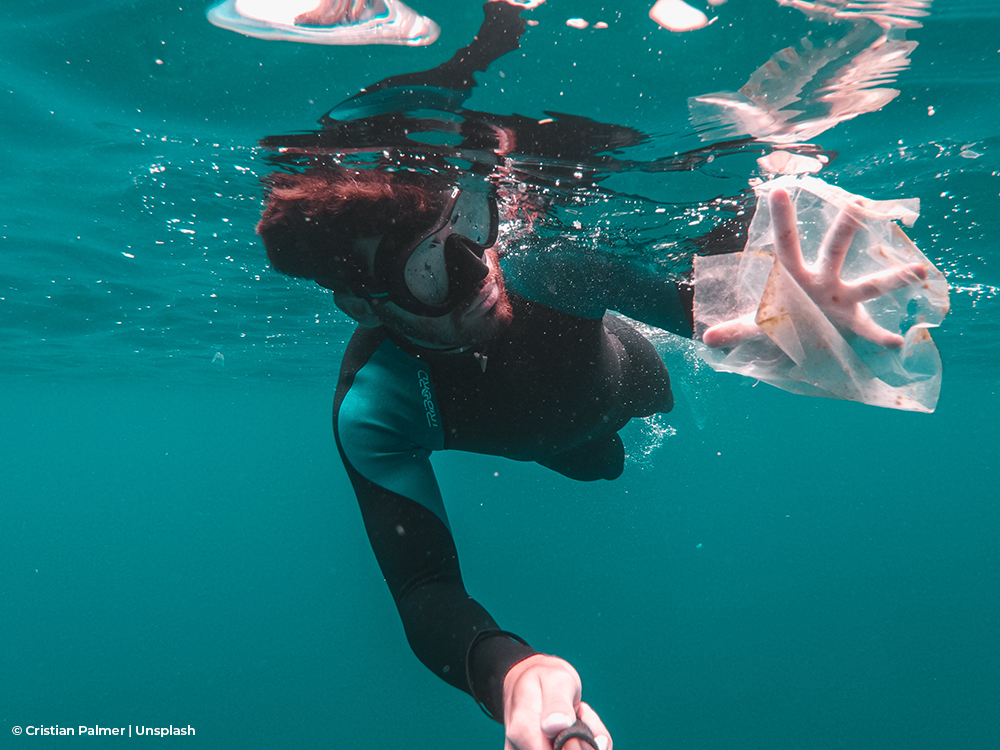
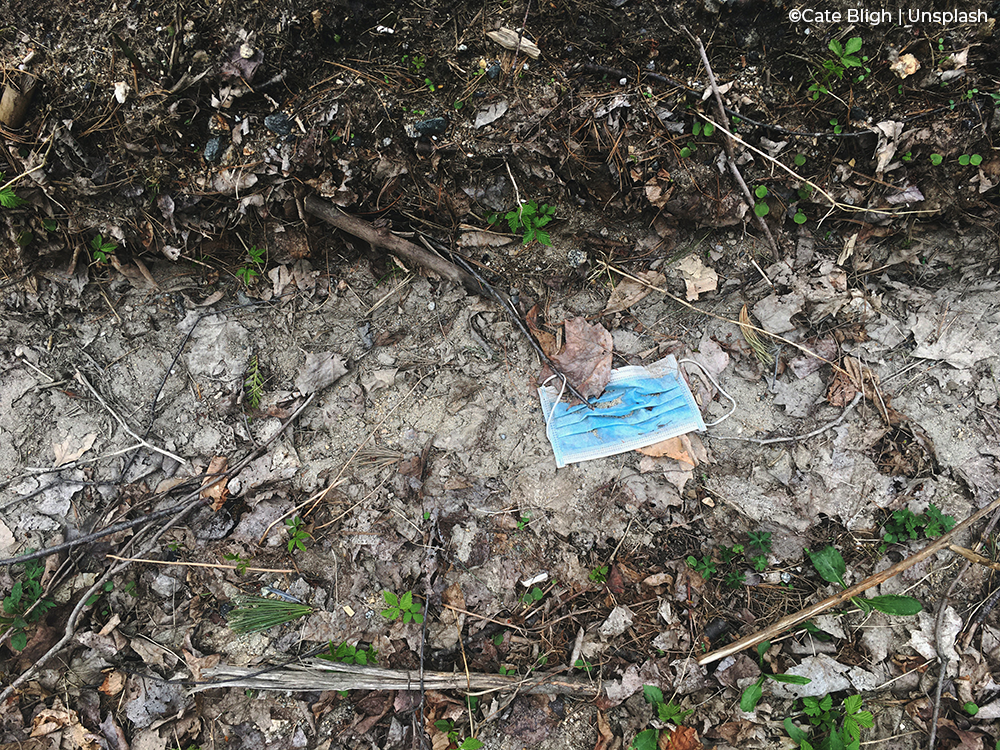
It’s all a bit depressing but there is good news and a raft of charities fighting back against the plastic tide. The Sealife Trust gets its supporters to hold regular beach and river cleans near their homes or work places throughout the year. Last year it organised its first 24 Hour Global Beach Clean: 40 teams from all over the world took part, starting with sunrise in New Zealand and ending with sunset in California.
All in all, 2,442 volunteers collected almost 2,000kgs of litter from the planet’s beaches, rivers and waterways – the equivalent weight of two adult beluga whales! Support the Sealife Trust and you’ll also help to fund the Cornish Seal Sanctuary in the UK and a Beluga Whale Sanctuary in Iceland.
If you fancy using your spare time to tackle plastic then join Sea Champions, the Marine Conservation Society’s nationwide volunteer programme. You can support in a variety of ways, from organising hands-on beach cleans to giving talks, attending local events or raising funds. Alex Milden from Cornwall leads school workshops and runs beach surveys and cleans, while Karli Drinkwater from landlocked London dressed up as a giant orange crab and stood outside Westminster, shouting for the government to create Marine Conservation Zones!

Do you ever head out with your reusable water bottle, only to drink it all and then struggle to find anywhere to fill it? Charity Sea-Changers created a fund this year, awarding grants to communities so that that they could provide refill water fountains, reducing the use of single-use plastic drink bottles and marine litter. Donations to Sea-Changers fund an array of grassroots projects like this, which help to protect coastal habitats. You can apply for a grant on its website if you have an idea.
Greenpeace funds research which has found plastic pollution in Antarctica and takes a keen interest in microplastics, which can be swallowed by everything from zooplankton to blue whales, carrying toxins into the food chain. It has also helped consumers to make better choices by ranking UK supermarkets in a plastic league table, which you can find on its website.
For anyone who has experienced dismay about the level of plastic pollution while abroad, Wasteaid is a charity set up by waste management professionals to to share practical and low-cost waste management know-how with communities in low income countries. Examples of its projects include a plastics recycling training centre in Cameroon.
City to Sea is on a mission to stop plastic pollution at source by reducing demand. By engaging with influential brands, retailers and businesses it aims to change behaviour and inspire collective action. PPE litter is its latest target. According to City to Sea between the end of February and mid-April this year more than a billion items of PPE were given out in the UK alone. Raise awareness by sharing a picture of yourself in a reusable mask with #choosetoreuse and tagging @CityToSea.
This is a feature from Issue 2 of Charitable Traveller. Click to read more from this issue.
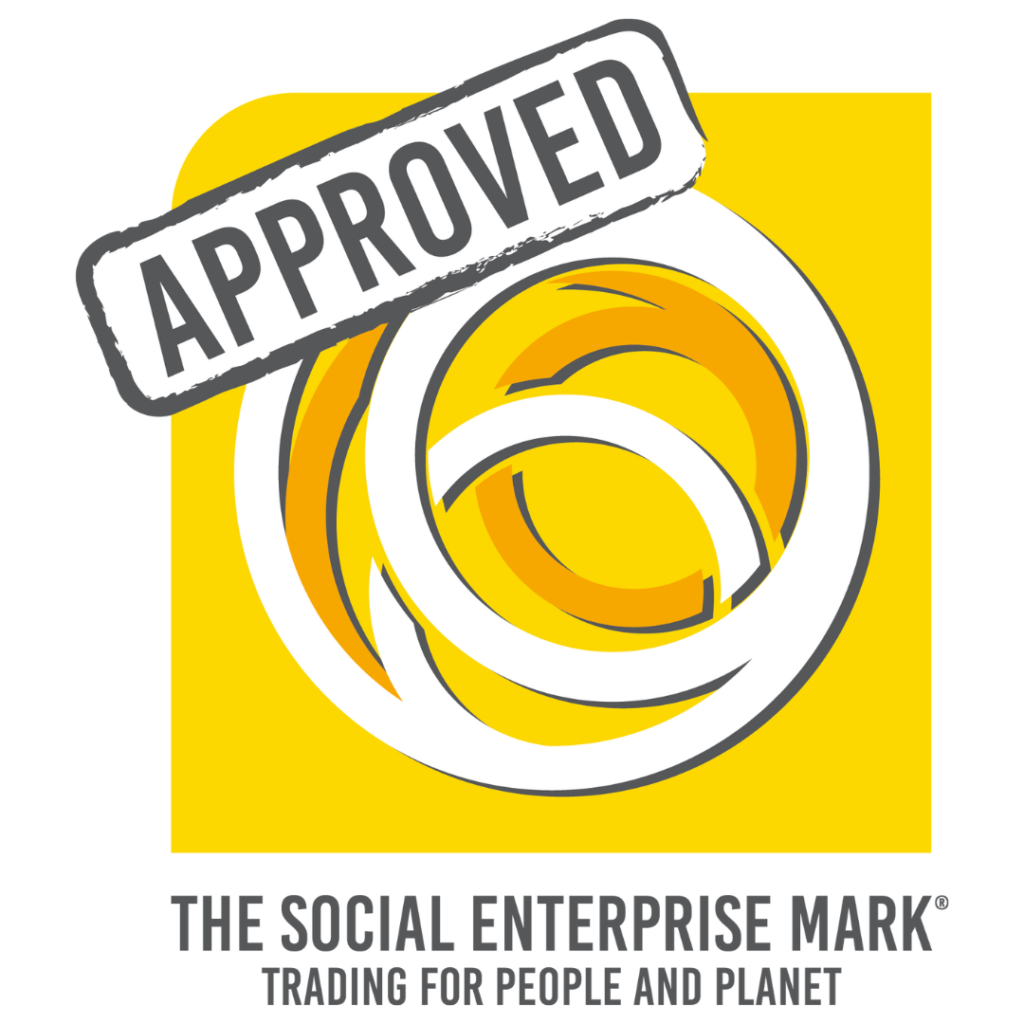
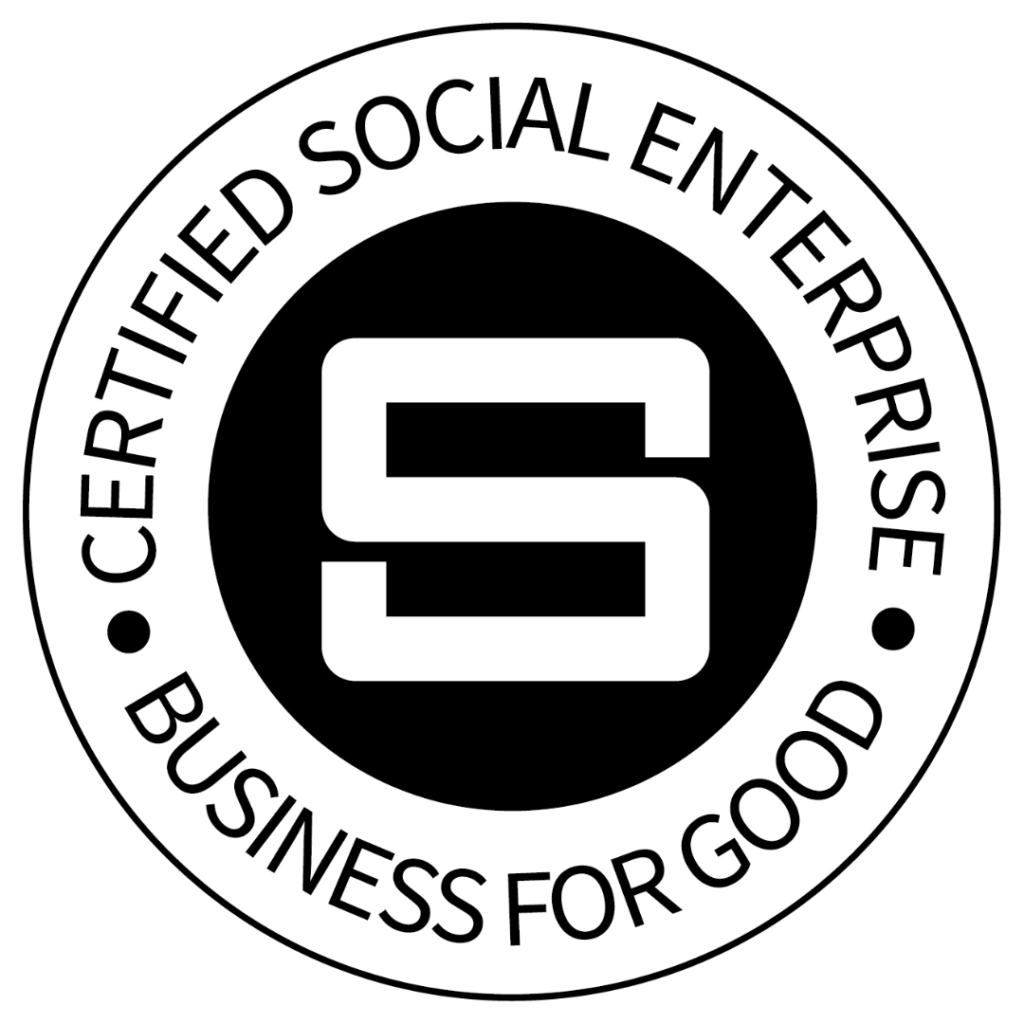

Fundraising Futures Community Interest Company, Contingent Works, Broadway Buildings,
Elmfield Road, Bromley, Kent,
BR1 1LW. England
Putting our profit to work supporting the work of charitable causes



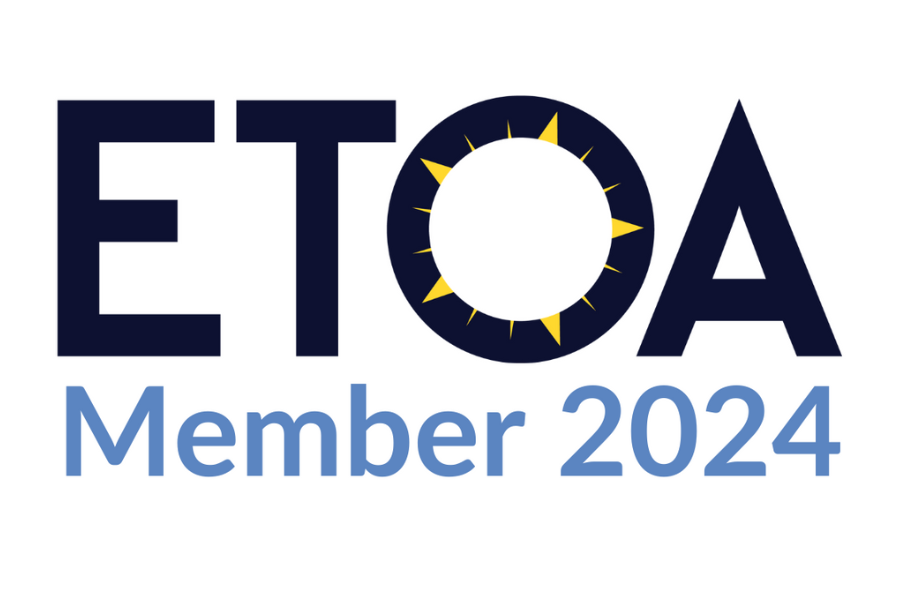
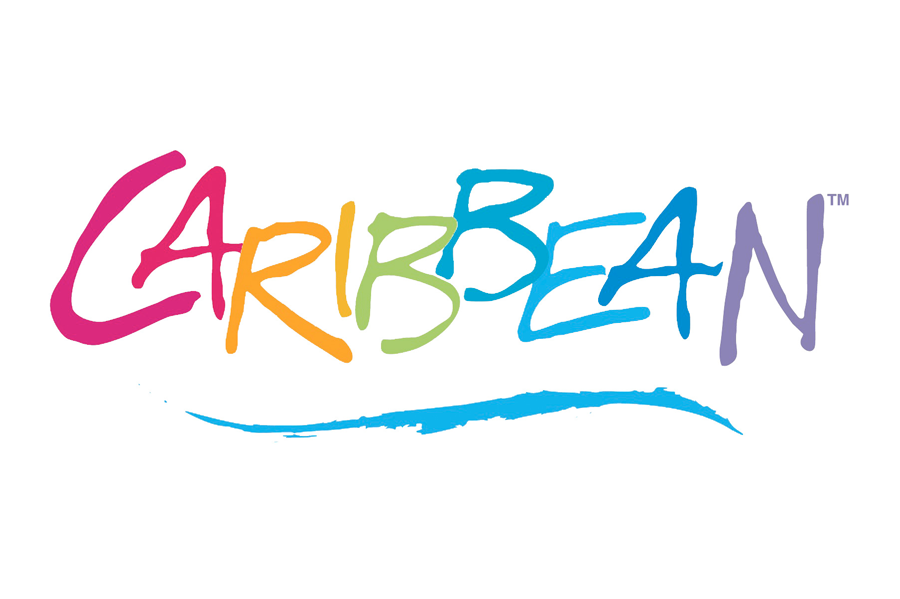
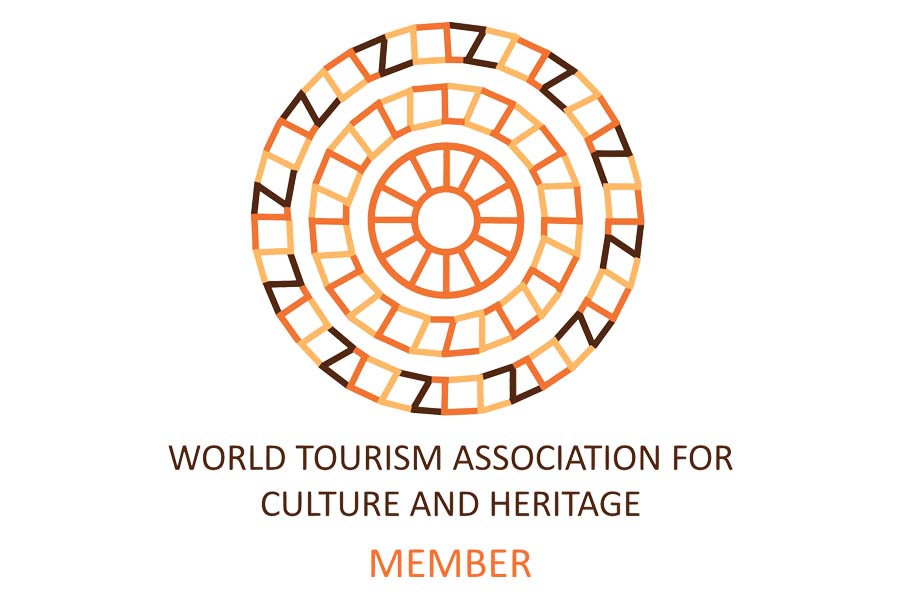




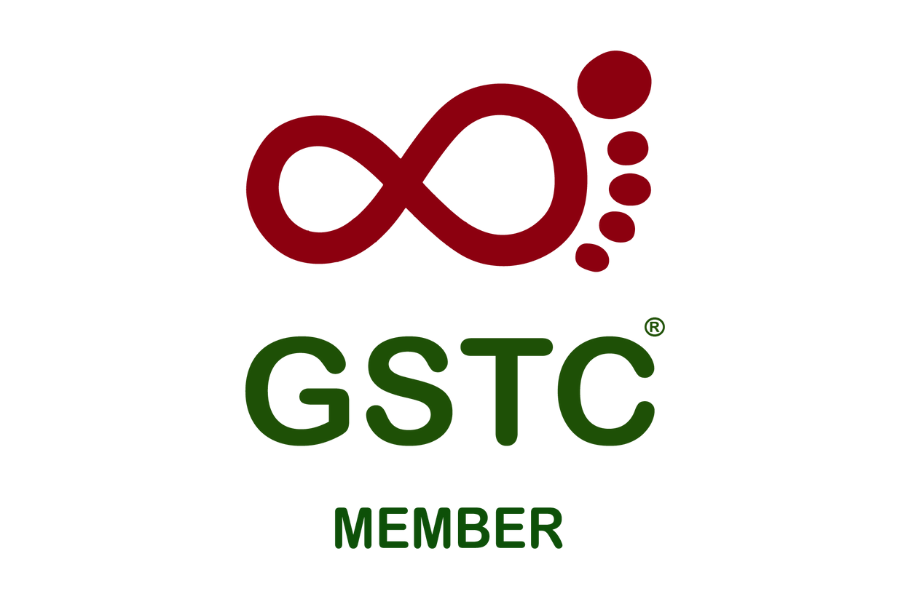
For the latest travel advice, including security, local laws and passports, visit the Foreign & Commonwealth Office website.
© 2024 All rights reserved
Made with 
| Cookie | Duration | Description |
|---|---|---|
| AWSELB | session | Associated with Amazon Web Services and created by Elastic Load Balancing, AWSELB cookie is used to manage sticky sessions across production servers. |
| cookielawinfo-checkbox-advertisement | 1 year | Set by the GDPR Cookie Consent plugin, this cookie is used to record the user consent for the cookies in the "Advertisement" category . |
| cookielawinfo-checkbox-analytics | 11 months | This cookie is set by GDPR Cookie Consent plugin. The cookie is used to store the user consent for the cookies in the category "Analytics". |
| cookielawinfo-checkbox-functional | 11 months | The cookie is set by GDPR cookie consent to record the user consent for the cookies in the category "Functional". |
| cookielawinfo-checkbox-necessary | 11 months | This cookie is set by GDPR Cookie Consent plugin. The cookies is used to store the user consent for the cookies in the category "Necessary". |
| cookielawinfo-checkbox-others | 11 months | This cookie is set by GDPR Cookie Consent plugin. The cookie is used to store the user consent for the cookies in the category "Other. |
| cookielawinfo-checkbox-performance | 11 months | This cookie is set by GDPR Cookie Consent plugin. The cookie is used to store the user consent for the cookies in the category "Performance". |
| elementor | never | This cookie is used by the website's WordPress theme. It allows the website owner to implement or change the website's content in real-time. |
| JSESSIONID | session | Used by sites written in JSP. General purpose platform session cookies that are used to maintain users' state across page requests. |
| viewed_cookie_policy | 11 months | The cookie is set by the GDPR Cookie Consent plugin and is used to store whether or not user has consented to the use of cookies. It does not store any personal data. |
| Cookie | Duration | Description |
|---|---|---|
| __lc_cid | 2 years | This is an essential cookie for the website live chat box to function properly. |
| __lc_cst | 2 years | This cookie is used for the website live chat box to function properly. |
| __oauth_redirect_detector | past | This cookie is used to recognize the visitors using live chat at different times inorder to optimize the chat-box functionality. |
| aka_debug | session | Vimeo sets this cookie which is essential for the website to play video functionality. |
| player | 1 year | Vimeo uses this cookie to save the user's preferences when playing embedded videos from Vimeo. |
| Cookie | Duration | Description |
|---|---|---|
| AWSELBCORS | 6 minutes | This cookie is used by Elastic Load Balancing from Amazon Web Services to effectively balance load on the servers. |
| Cookie | Duration | Description |
|---|---|---|
| _ga | 2 years | The _ga cookie, installed by Google Analytics, calculates visitor, session and campaign data and also keeps track of site usage for the site's analytics report. The cookie stores information anonymously and assigns a randomly generated number to recognize unique visitors. |
| _gat_gtag_UA_164521185_1 | 1 minute | This cookie is set by Google and is used to distinguish users. |
| _gid | 1 day | Installed by Google Analytics, _gid cookie stores information on how visitors use a website, while also creating an analytics report of the website's performance. Some of the data that are collected include the number of visitors, their source, and the pages they visit anonymously. |
| _hjAbsoluteSessionInProgress | 30 minutes | No description available. |
| _hjFirstSeen | 30 minutes | This is set by Hotjar to identify a new user’s first session. It stores a true/false value, indicating whether this was the first time Hotjar saw this user. It is used by Recording filters to identify new user sessions. |
| _hjid | 1 year | This is a Hotjar cookie that is set when the customer first lands on a page using the Hotjar script. |
| _hjIncludedInPageviewSample | 2 minutes | No description available. |
| CONSENT | 16 years 3 months 16 days 17 hours 23 minutes | These cookies are set via embedded youtube-videos. They register anonymous statistical data on for example how many times the video is displayed and what settings are used for playback.No sensitive data is collected unless you log in to your google account, in that case your choices are linked with your account, for example if you click “like” on a video. |
| iutk | 5 months 27 days | This cookie is used by Issuu analytic system. The cookies is used to gather information regarding visitor activity on Issuu products. |
| vuid | 2 years | Vimeo installs this cookie to collect tracking information by setting a unique ID to embed videos to the website. |
| Cookie | Duration | Description |
|---|---|---|
| IDE | 1 year 24 days | Google DoubleClick IDE cookies are used to store information about how the user uses the website to present them with relevant ads and according to the user profile. |
| mc | 1 year 1 month | Quantserve sets the mc cookie to anonymously track user behaviour on the website. |
| NID | 6 months | NID cookie, set by Google, is used for advertising purposes; to limit the number of times the user sees an ad, to mute unwanted ads, and to measure the effectiveness of ads. |
| test_cookie | 15 minutes | The test_cookie is set by doubleclick.net and is used to determine if the user's browser supports cookies. |
| VISITOR_INFO1_LIVE | 5 months 27 days | A cookie set by YouTube to measure bandwidth that determines whether the user gets the new or old player interface. |
| YSC | session | YSC cookie is set by Youtube and is used to track the views of embedded videos on Youtube pages. |